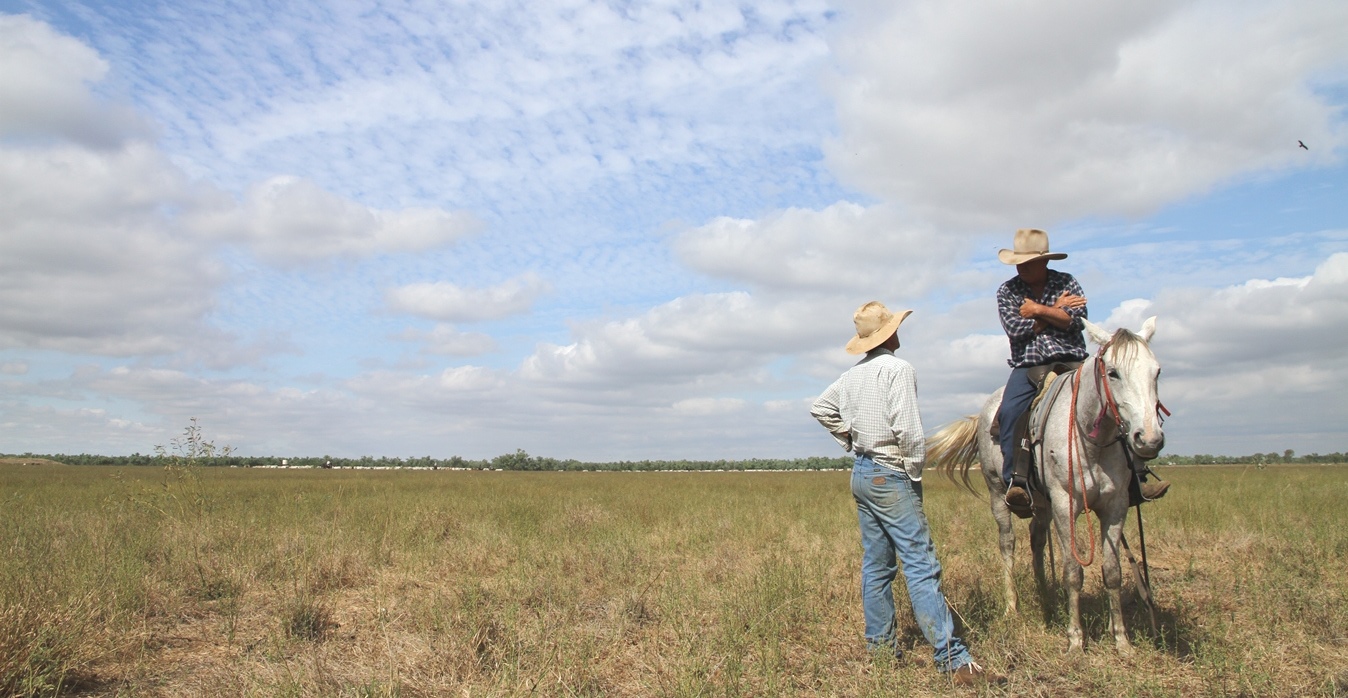Latest listings on Jobs Central
- Project Manager, Profitable Grazing Systems – MLA
- Gardener, Brunette Downs – AA Co
- Technical Assistant, Gordon Downs – AA Co
- Marketing Assistant – Mort & Co
- Executive Sales and Marketing Manager, Hancock Ag – via Rimfire
- Export & Domestic Sales Manager, Hancock Ag – via Rimfire
- Export Documentation/Logistics Coord, Hancock Ag – via Rimfire
- Creative Agri Business Analyst – Greenleaf
- Regional Sales Manager, Northern – via Rimfire Resources
- Sales and Operations Manager – via Rimfire Resources
Click here to access these and other exciting meat and livestock supply chain jobs currently listed on Jobs Central.

There are satisfying and wide-ranging career opportunities in agriculture from entry level right through to senior executive positions.
A shortage of skills in many sectors of agribusiness make it an ideal sector in which to embark on a career. Those planning such a career should consider what type of work they enjoy doing and then plan to acquire the skills required. Here are answers to some of the frequently asked questions.
What entry level jobs are available?
There is good demand for farm labour such as station hands, mechanics, tractor drivers, shearers, roustabouts and the like. Such jobs tend to be practical and hands-on with experience typically gained on the job, under supervision. Courses such as Certificate II, III and IV in Agriculture are valuable in growing knowledge and improving employability.
Despite completion of school to HSC level not being required to acquire jobs such as these, it is strongly advised that students persevere in doing so. It will assist in developing communication and analytical skills and demonstrate to employers that you have the capability of persevering and achieving a goal. It will also assist you if later on you decide to pursue further studies to add to your skill set.
Is a degree in agriculture worthwhile?
If you wish to move beyond practical hands-on work into technical jobs and/or management then studying for a tertiary qualification is a good idea.
A degree in agriculture provides an understanding of science-based concepts and technical skills which are highly relevant to modern agricultural science and likely to be valued by prospective employers. These courses teach analysis and problem solving as well as skills required to manage agribusinesses such as budgeting and financial analysis.
What is the benefit of post-graduate studies?
Masters and PhD degrees equip stakeholders with in-depth knowledge of specific subject areas, particularly in the progression of technical knowledge. These days postgraduate study is more or less obligatory if you are interested in pursuing a career in agricultural research.
Is there any benefit in continual learning?
A resume should not only demonstrate your past experience but also what path you plan your career to take in the future. This can be identified by your selection of courses undertaken.
Demonstrating an eagerness to learn and increasing your skill set demonstrates initiative and is generally highly regarded by prospective employers. Such courses don’t have to be at diploma or degree level. Short courses designed to fill in gaps in your knowledge can often assist to qualify you for that next career move.
There are many ways of acquiring skills but it is important to plan what career path you wish to take in the future and take into consideration, the type of work you enjoy doing.
Source: Agricultural Appointments http://www.agri.com.au/

HAVE YOUR SAY